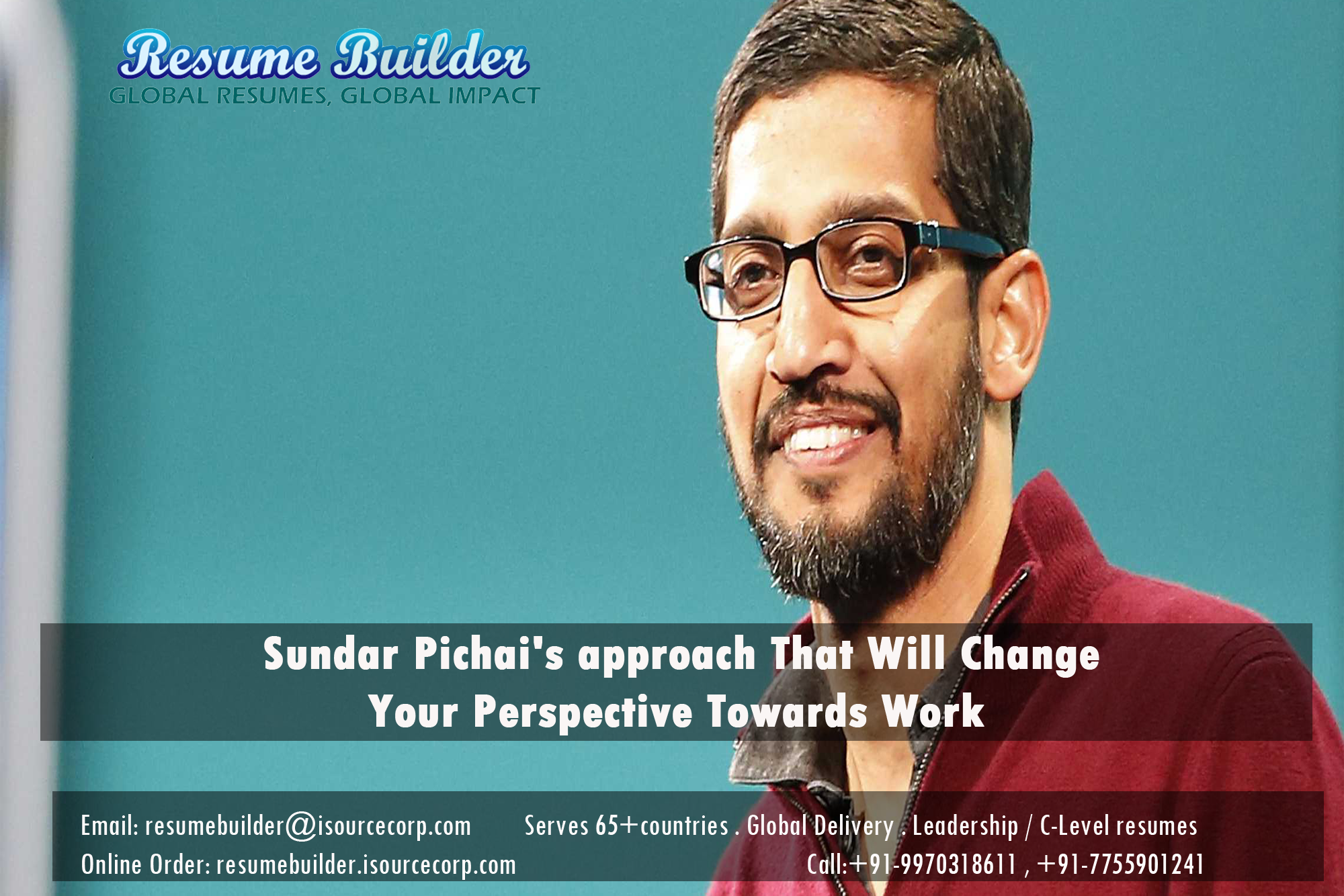BEWARE of these 8 managers in your job
interview

Once in a while in a job interview you come across a bad manager who you realise could do more harm than good to your career. We help you identify the 8 bad managers you must be wary of in an interview
When was the last time you appeared for a job interview and encountered a manager who influenced you to reconsider your choice of joining the organisation?
Your first meeting with your prospective manager could unveil a lot of things about what you can expect from the organisation.
Candidates who have appeared for job interviews admitted that hiring managers they have met during interviews ranged from being intimidating to outrageous and in some cases even ignorant!
Interestingly, most of these interactions have helped them decide if they wanted to take up the offer of working with the company.
While some of these managers you may hate because they made you wait for an hour and did not care to apologise to you for the delay, there are job seekers who cant figure out why they were being interviewed for the position when all the manager did through the interview was tell them how bad they are.
In such situations, the knack is to identify a bad manager from a good one and adapt accordingly.
A bad manager could also be a warning sign, says Gargi Thorat, a 32-year-old advertising professional from Mumbai. “If you are lucky to identify a bad manager at the interview stage, half your problem is solved. It helps you decide whether you should play on with the interviewer and nail the offer or simply walk out of the place,” shares Thorat.
Here, we identify the various types of bad managers by their behavioural warning signs and help you understand what to do when you meet them next.
 1. The Unapologetic Latecomer
1. The Unapologetic Latecomer
You have reached the interview venue on time but there’s no one to attend to you.
When you ask the receptionist, you are told that the manager is busy in a meeting and that you will have to wait.
The hiring manager walks in 30 minutes later and without apologising, gets straight into the interview routine.
Now, a manager could be late for various reasons. S/he could be delayed by a meeting that got extended, which is the most common of excuses made by managers when they turn up late. And then there are those who love to turn up late just to make themselves feel extra important.
When a person delays his appointment, no matter what position of authority s/he holds within the organisation and no matter how trivial your interview appointment to the organisation is, it is expected of them to apologise to you.
“An apology means that they value your time and respect your presence,” feels Vidhan Chandra, Director, iSource services. “If they don’t, it displays unaccountability.”
In case of the latter, be prepared to trade for your time, just in case you wish to join the organisation. And if the manager happens to be your immediate boss, you could end up ‘waiting’ for worse, warns Chandra.
 2. The Silent Killer
2. The Silent Killer
The interviewer has a stern look on his face throughout the interview.
A firm handshake, a well manicured smile and the questions asked to you are mostly open ended. You keep talking, but all you get is a plastic nod and minimal words from the manager. The expression on their face is deadpan and you are not sure whether they are listening to your responses or judging you by your face.
Is he partially dumb or does he intentionally turn deaf as I speak? You wonder.
Senior copy editor Nandita Kapadia from Mumbai remembers the interview she appeared at one of the leading technology firms in the country. The interviewer first put down her CV on the table, then folded his hands and asked her the obvious: Tell me something about yourself.
“I was talking for nearly three minutes, but the interviewer who appeared to be listening to me did not utter a word in reciprocation. After I thought I had said enough about myself, I told the interviewer politely: ‘Sir, I think I have said enough. So, you tell me what else would you like to know.’
Managers could be silent for two reasons — either because they want you to speak so that they can know you better or because they believe in minimal communication.
The best way to tackle a silent interviewer is by answering briefly and to the point, says consultant Vikas Shinde of Omkar Consulting, Pune.
“You should patiently wait for the interviewer to ask you questions. If you realise that you have answered enough, you can try asking a few questions to the manager to find out how much information you can gather while you are at it,” Shinde suggests.
Meanwhile, if all your questions are met with silence or monosyllables, be ware that the company follows a closed policy where they do not encourage a healthy communication culture, cautions Vidhan Chandra who tells us that these species of managers are common in public sector units.
Talk to a few employees or ex-employees from the organisation to get better insights before you sign on the dotted line, Shinde suggests.
 3. The Gossip Monger
3. The Gossip Monger
You have met the manager for the first time and you two have been talking for over an hour.
From the bad state of roads to the financial reports of a common competitor firm, the interviewer has talked about everything but your job. And most of it has been gossip.
While a conversation like this could only be too tempting to be ignored upon, it is dangerous and means two things. Either the manager is trying to extract finer details about you and your present organisation through personal information like your opinions and feedback on various issues or they are seeking information that they can use against you after you are hired.
Akash Motwani, HR Manager, Right Jobs Consulting tells us how feedback (read gossip) received from candidates who are working for a competitor are great source of information and explains why this could be dangerous.
“You may be tricked into believing that you are being hired, but they must be looking to extract information about your present company. If the interviewer is your competitor, do not divulge details like marketing strategies, yet-to-be-official plans, work principles etc,” warns Motwani
 4. The Distracted One
4. The Distracted One
The interviewer’s phone is constantly ringing. He attempts to put it on silent but then he simultaneously asks you to talk while he is busy sending a text on his phone. From his actions, you can tell if he is not paying attention to what you are saying.
Distractions like these where managers are attending phone calls, sending text messages or checking emails while the interview is on, are clearly off putting.
Considering that managers are busy people who have to attend important calls, you can identify a good manager when he seeks your permission to answer a call and then apologises to you for the interruption.
“However, if the interviewer repeats this process for a more than 3 times and if you find out that it’s some random friend who is trying to interrupt your conversation, you could tell that the person does not respect your presence,” warns Vrushali Mange, senior manager-HR, Perfect Jobs and Consulting Services.
5.  The Fault Finder
The Fault Finder
The interview room resembles a boxing ring. The interviewer looks into your eyes when they speak. S/he counters everything you say with an unsatisfactory response that leaves you intimidated.
You wonder if they are testing your confidence or finding out excuses to tell you why you are the worst candidate they have ever met.
Palak Arora (name changed to protect identity) shares his experience where the interviewer said everything nasty to make him feel.
“After a mock presentation of a sales call, I had to meet the manager to discuss details of my job profile. The manager told me how unimpressive I was despite going through my past records of high performance referred by my seniors. Just when he was rejoicing the success of demoralising me, with his nitpicking the manager told me that I should be meeting the human resource head to discuss my salary break up. I failed to realise why they were hiring me at all, if they found me so incompetent.”
Since you can never satisfy them and you still want to keep the job (that is if you are so desperate to work under a boss like that), just get used to ‘filtered listening’ viz absorb only what’s important for your sustenance in the company and ignore the unnecessary.
 6. The Lecher
6. The Lecher
When Priya Kothari (name changed to protect identity) appeared for an interview in a leading IT firm, she was asked to reveal her sexual preferences.
“What are your views on lesbianism? Are you straight?” the interviewer asked her coyly.
Although Kothari claims that she was first taken aback, she was equally quick enough to retort, “I don’t think my answer to this question has got anything to do with the position I have applied for.”
After the interview, Kothari immediately called up the consultancy and cautioned them to be careful about further sending female candidates to this manager. “I surely don’t want to work in a place like this,” she asserted this consultant.
Vidhan Chandra says that women are more likely to meet such managers who are likely to hit on the opportunity and make them feel uncomfortable by asking questions that directly or indirectly outrage your modesty.
They will start off by complimenting a woman for her looks, and slowly try to ask them questions that will make them feel uneasy.
“If you realise that the manager is trying to do something funny with you, please be polite and ask them to stick to the interview routine. Women can easily identify such managers from the very first eye contact they make,” assures Chandra.
 7. The Belitter
7. The Belitter
The interviewer surely knows too cents more than you. And obviously has more experience in his years of service to the company.
But that does not give them the authority to make any of your credentials feel less important.
The Belitter could be just as dangerous as the Fault Finder.
While the former would leave no stone unturned to tell you why you are of no good, he is more prone to exploit your talent than the latter.
“He will provoke you to answer questions which will display your aggressiveness and then use it against you,” Vidhan Chandra warns and tells us why he will hire the candidate with the weakest profile.
“Because the belittler wants to hire someone whom he can dominate at work. He will hire someone who will obey his orders, do all the work without arguing or sulking about it,” Chandra reasons.
While admitting that most managers choose the most unproductive candidate, Akash Motwani advises why it’s better to stay away from such managers when you are fully aware that they will make your work life miserable.
“They will treat you like a doormat. No appreciation and no promotion. You will work like a slave. These are the dictums you will have to put with. Only a person who has absolutely no self respect will vouch to work under such a manager,” Motwani feels while adding why such a manager could do more harm for your career than good.
 8. The Air Dropper
8. The Air Dropper
In Vidhan Chandra’s words, an air dropper is “someone who has inherited the position of a manager through ancestry or by virtue of an educational degree from a prestigious college, but has no experience whatsoever about the manpower requirements of the company he manages.”
Such managers usually have limited or theoretical knowledge of how an organisation functions, and hence are not fully equipped to take decisions on hiring an employee. In fact such managers could be detrimental to your career, observes Vidhan Chandra.
Avni Chopra (name changed) currently works as the secretary for a shipping agency that was inherited by the son-in-law of the founder. Chopra says that although the manager was hell bent on hiring fresh graduates to replace the experienced professionals in their agency, he sooner realised that the company suffered huge losses due to his lack of experience working in the shipping sector.
“You can identify such bosses in an interview when they do not ask you anything specific about your profession. Their ignorance will clearly show off when you ask them questions related to their company’s performance,” Chopra shares.
“It is better to check the website of the company you are joining and do a quick background check on the people who are managing the company. Cross check the recent financial reports of the organisation to find out how the company has performed under their management and then make a decision,” suggests Chopra.
Resume Builder writes class leading resume for mid to top level executives in over 65+ countries.
To subscribe to our services visit: https://resumebuilder.isourcecorp.com/resume-writing/
Call: +91-9970318611 / +91-7757050809 Email: resumebuilder@isourcecorp.com
WhatsApp us on ( click on the numbers to send a message )
+91-9970318611
+91-7757050809
The original article appeared on Rediff.com






 3. The Gossip Monger
3. The Gossip Monger






